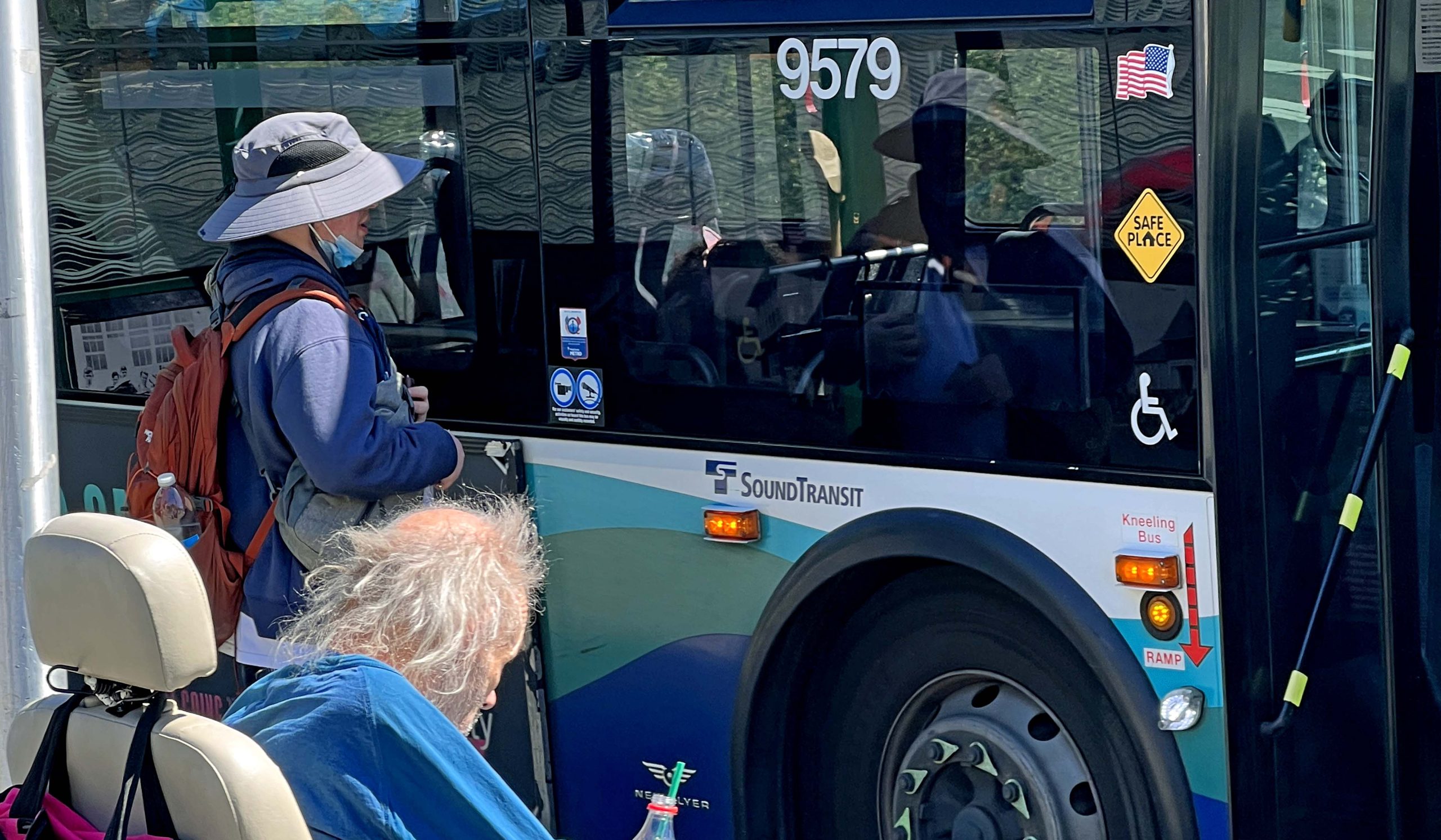A large portion of all transit rides in the greater Puget Sound region are paid for with the One Regional Card for All (ORCA) electronic transit fare card. TRAC researchers have developed a business intelligence system that takes advantage of data from the ORCA system to provide transit agencies with a way to analyze farecard transactions and better understand transit travel.
ORCA data provide tremendous insight into when and where riders travel. This project received funding from a variety of public and private stakeholders, including the Washington State Department of Transportation, King County Metro, Sound Transit, Starbucks, Amazon, Microsoft, The Bill & Melinda Gates Foundation, REI, and Challenge Seattle, to develop a system that allows ORCA data to describe overall transit use in the region. The data also describe the types of payment options being used (for example, which types of passes are popular and the degree to which e-purses are used) and whether riders are students, people with mobility disabilities, low-income individuals, or employees of companies that subsidize reduced fares. This information can allow agencies to target services in support of frequent riders, and it can tell transit agencies where new services are needed to attract riders who don’t currently use transit services.
When analyzed over time, ORCA data also allow agency staff to understand how transit travel changes over time. This is, they allow agency staff to understand which services are successful and which should be adjusted to become more attractive and useful. They also allow agencies to track the success of specific outreach programs. And they help planners design and monitor service changes to meet the needs of communities across the region.
Understanding who rides transit, where services are used, and how patterns change over time is particularly important in light of the dramatic changes in travel patterns that have occurred since the COVID-19 pandemic. Understanding these patterns allows transit agencies to refine their services to better meet the needs of the public. This is becoming even more important as Sound Transit extends the Link Light Rail system and the region’s transit agencies redesign bus routes to better complement the new rail services.
All transit agencies can access the ORCA Business Intelligence system. Agency staff interested in access to ORCA data for planning purposes should contact Ryan Avery at TRAC.
Businesses that supply ORCA cards to their employees can also use the system to learn about aggregate transit use by their employees. Employee transportation coordinators (ETCs) can access summary data about the total trip making of those businesses’ employees, but detailed data analysis is restricted to preserve the privacy of individuals riders. ETCs interested in access to these data should contact their transit agency business representatives or email employer.services@kingcounty.gov.
Researchers:
Mark E. Hallenbeck
Ryan Avery
Sakshi Abhyankar
Dmitri Zyuzin
Washington State Transportation Center, UW
Sponsors:
King County Metro
Sound Transit
UW Mobility Innovations Center

